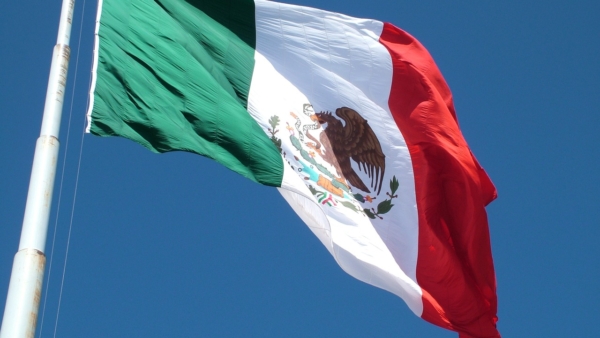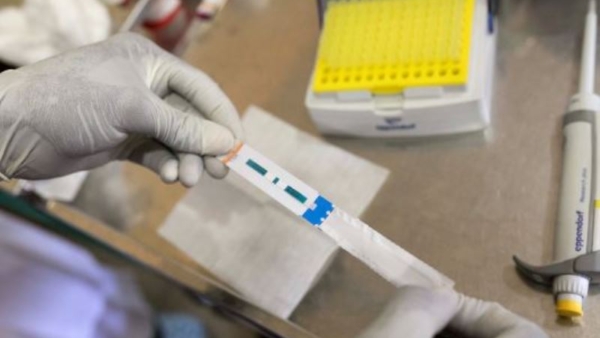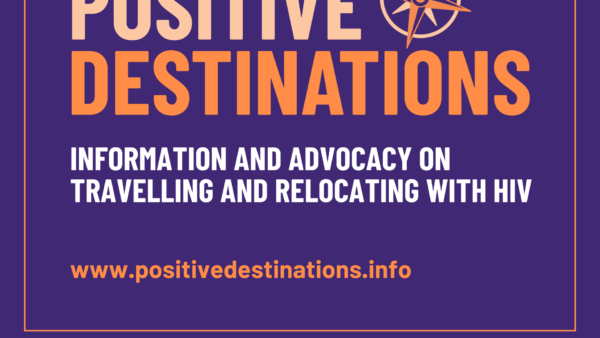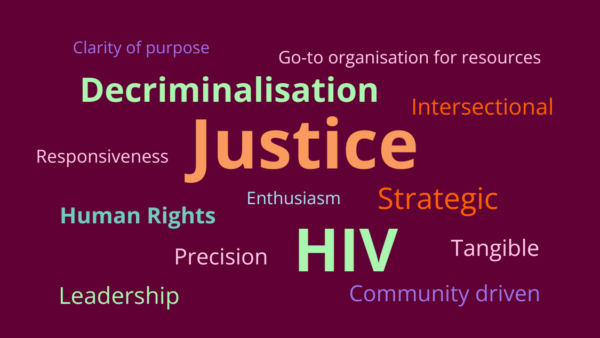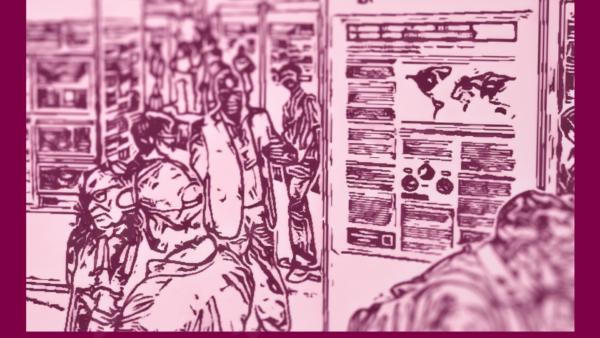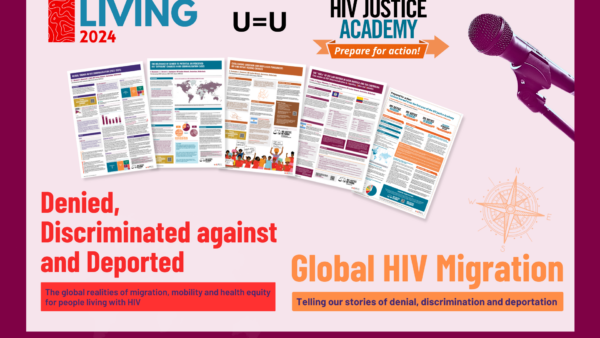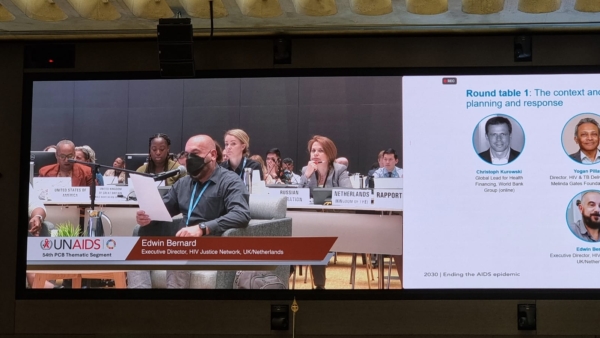Time to act: Over 150 organizations across Canada call on Federal and Provincial Governments to end unjust criminalization of HIV
For The First Time, The HIV Community And Other Concerned Organizations Are Calling On The Federal Government To Reform The Criminal Code.
TORONTO, November 27, 2017 — With World AIDS Day just a few days away, the Canadian Coalition to Reform HIV Criminalization (CCRHC) has released a joint Community Consensus Statement endorsed by over 150 organizations across the country, from the HIV sector and beyond. Developed through several months of cross-country consultation, the statement shows clear consensus against the current overly broad use of the criminal law against people living with HIV and the urgent need for action from federal, provincial and territorial governments.
For the first time, the HIV community and other concerned organizations are calling on the federal government to reform the Criminal Code. They are also calling on federal and provincial Attorneys General to develop sound prosecutorial guidelines to prevent further miscarriages of justice, and for training of police, prosecutors and judges.
A year ago, on World AIDS Day 2016, federal Justice Minister Jody Wilson-Raybould acknowledged that the “over-criminalization of HIV non-disclosure” contributes to stigma and undermines public health, and that the criminal justice system has not caught up to the existing science. Indeed, Canadian scientists have repeatedly expressed their concern about the misuse of the criminal law.
“That was a welcome statement by the Justice Minister,” said Chad Clarke, a member of the Coalition who has spoken publicly about the toll on him and his family of being prosecuted and imprisoned. “People living with HIV in Canada continue to be singled out for prosecution and sent to jail for allegedly not disclosing their status to a sexual partner even if they have no intent to harm their partners, take precautions to protect their partner and do not transmit the virus. People are being prosecuted even when there is little or no possibility of transmission.”
After a year of study, it is time to act.
The Community Consensus Statement declares that, in accordance with international guidance, criminal prosecutions should be limited to cases of actual, intentional transmission of HIV.
“With more than 200 prosecutions to date, Canada has the third-largest total number of recorded prosecutions for alleged HIV non-disclosure in the world, and one of the highest rates of prosecution in the world. This is simply not acceptable,” said Cécile Kazatchkine, senior policy analyst with the Canadian HIV/AIDS Legal Network, a member of the Coalition. “People accused of HIV non-disclosure most often face charges of aggravated sexual assault, one of the most serious charges in the Criminal Code. Conviction carries a maximum penalty of life imprisonment and mandatory designation as a sex offender. This approach has been criticized both domestically and internationally, including by United Nations expert bodies.”
“People living with HIV in Canada deserve better and demand better,” said Alex McClelland, a member of the Coalition’s steering committee and a researcher at Concordia University whose current project documents the first-hand experience of people who have faced charges for allegedly not disclosing their HIV status. “Right now, lives are being ruined by an outdated and stigmatizing approach to criminal justice.”
“We can’t ignore how the misuse of the criminal law, including sexual assault charges, is harming some of those people living with HIV who are most vulnerable,” said Muluba Habanyama, a member of the Coalition who was born with HIV. “It is time that the federal and provincial ministers of justice take action and work with stakeholders—people living with HIV, HIV organizations and service providers, women’s rights advocates and scientific experts—to limit the unjust use of criminal law which discriminates against people living with HIV.”
The Community Consensus Statement comes shortly before the UNAIDS Executive Director arrives in Ottawa for an official visit in conjunction with World AIDS Day (from November 29 – December 1). UNAIDS has previously recommended much narrower limits on the use of the criminal law than is currently the case in Canada.
The Community Consensus Statement, including the full list of endorsers, is available online.
About The Canadian Coalition To Reform HIV Criminalization
The Canadian Coalition to Reform HIV Criminalization (CCRHC) is a national coalition of people living with HIV, community organizations, lawyers, researchers and others formed in October 2016 to progressively reform discriminatory and unjust criminal and public health laws and practices that criminalize and regulate people living with HIV in relation to HIV exposure, transmission and non-disclosure in Canada. The Coalition includes individuals with lived experience of HIV criminalization, advocates and organizations from across the country. It includes a steering committee on which a majority of members are people living with HIV.
